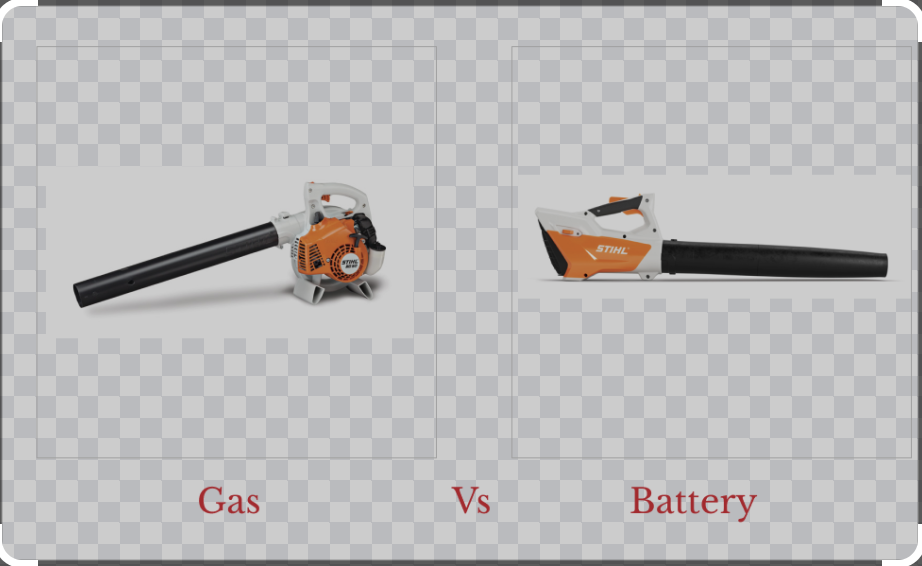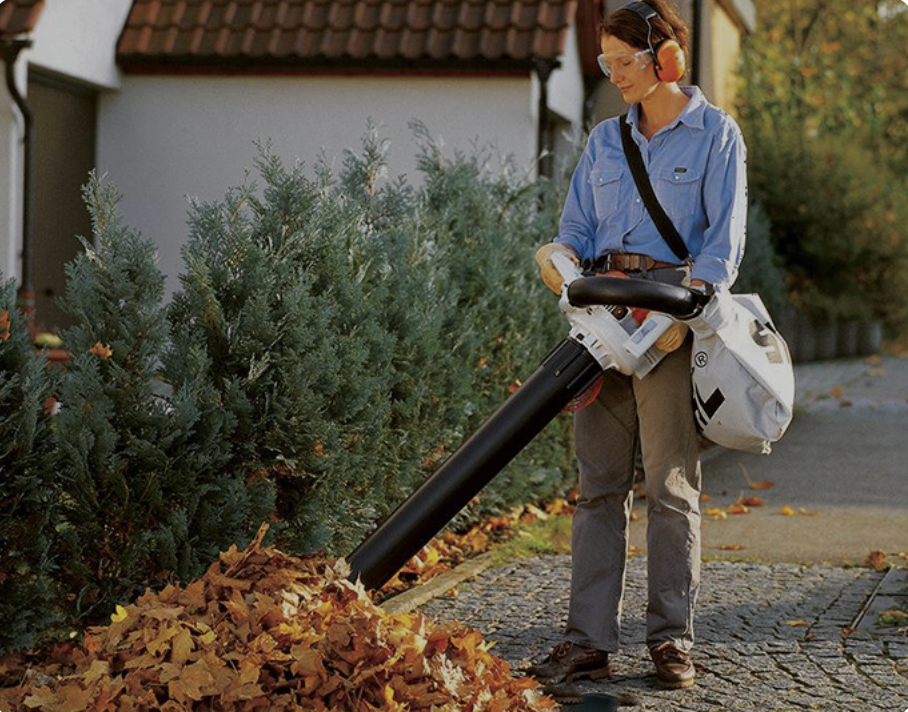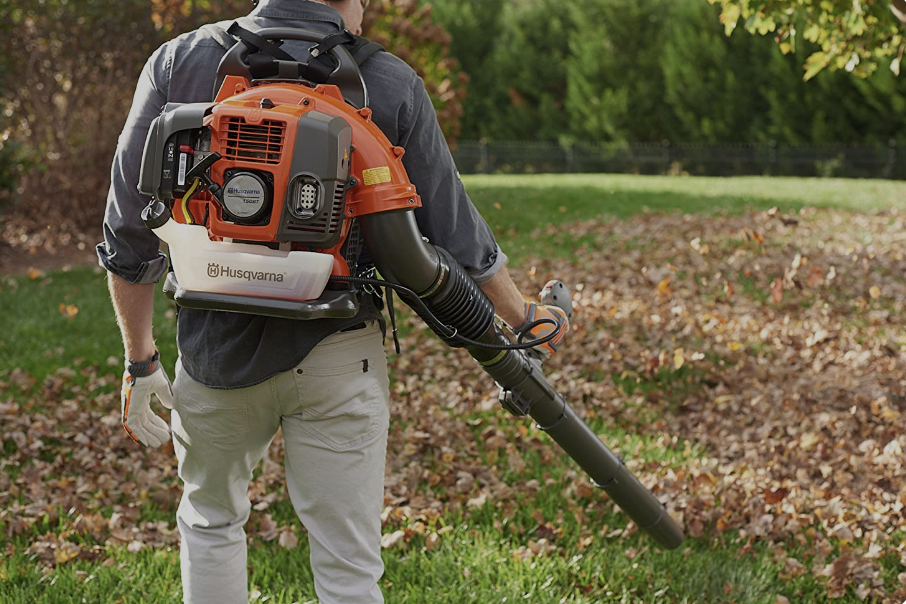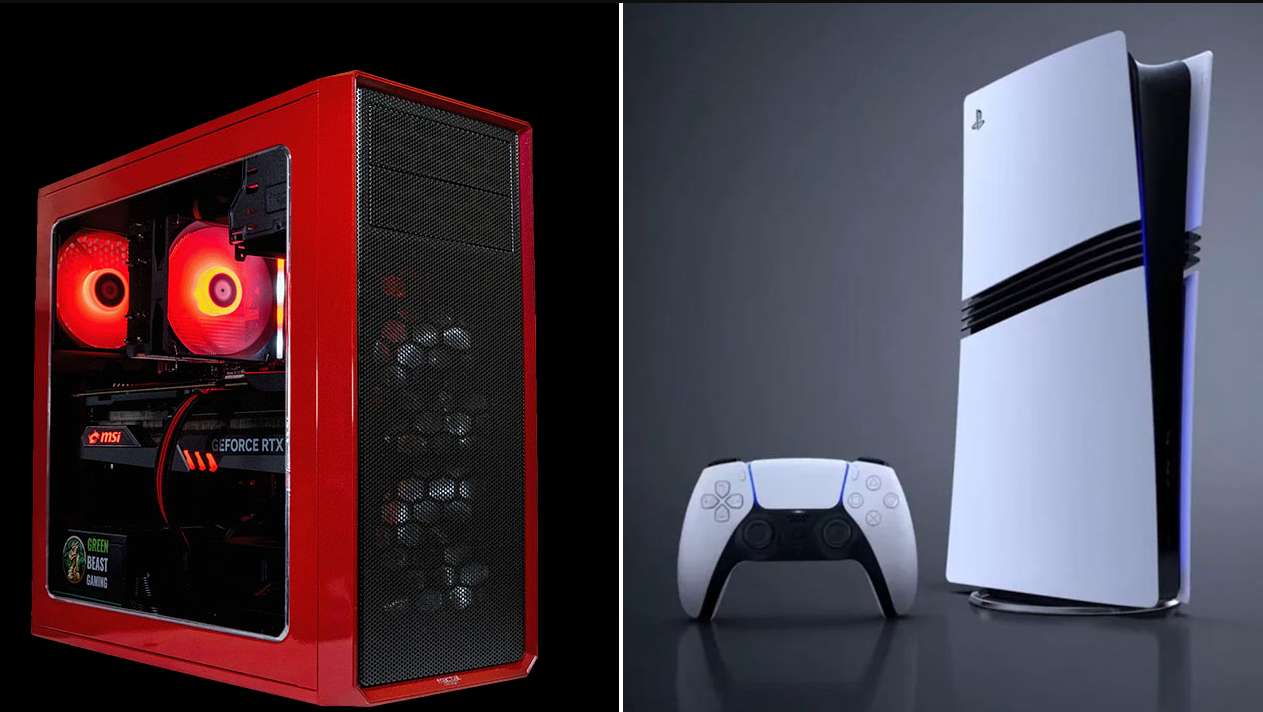
Choosing between a petrol blower and an electric blower is a decision that requires consideration of many factors, from power to mobility, usability and environmental impact. Let’s take a detailed look at each aspect to help you make an informed choice.
Power and performance
Petrol blower:
- Power: Petrol models usually offer more power compared to electric models, making them ideal for larger or more demanding tasks.
- Performance: The ability to blow more air at higher speeds means that petrol blowers can handle heavier materials such as wet leaves or snow.
Electric blower (including cordless):
- Power: Although modern electric and cordless blowers have advanced significantly in terms of power, they still lag behind petrol models.
- Performance: Suitable for light to medium cleaning jobs such as dry leaves and debris in small areas.
Mobility and ease of use

Petrol blower:
- Mobility: Petrol models offer complete independence from power sources, making them ideal for use over large areas.
- Usability: Petrol blowers are heavier and noisier than their electric counterparts, which can make them less comfortable to use for long periods of time.
Electric Blower:
- Mobility: Corded models limit the range of movement, while cordless options offer more freedom, although they do require regular charging.
- Ease of use: Lighter and quieter than petrol models, making it more convenient for long working hours, especially in residential areas.
Environmental impact
Petrol blower:
- Emits harmful emissions into the atmosphere, which has a negative impact on the environment. The use of such devices may not be suitable for those seeking to reduce their carbon footprint.
Electric Blower:
- Environmentally friendly choice, especially when using electricity from renewable sources. Emits no harmful emissions into the atmosphere, making them a more favourable choice for environmentally conscious users.
Cost and operating expenses
Petrol blower:
- Purchase: Often costs more than electric models because of its power and mobility.
- Operation: Requires regular purchase of fuel and engine oil, as well as periodic maintenance, which increases the overall cost of ownership.
Electric Blower:
- Acquisition: The initial cost is usually lower, especially for corded models.
- Operation: Low maintenance costs, as the only costs are electricity and possibly battery replacement for wireless models. No need for fuel and oil also reduces the total cost of ownership.
Table comparing petrol and electric blowers
| Criterion | Petrol blower | Electric blower (including cordless) |
| Power (W/hp) | 750 – 3000 W (1 – 4 hp) | 250 – 750 W |
| Air flow (m³/min) | 10 – 20 m³/min | 3 – 14 m³/min |
| Air speed (km/h) | Up to 90 – 320 kilometres an hour. | Up to 50 – 280 km/h |
| Mobility | Independent of power sources, but requires fuel | Limited by cable length or battery capacity (30 min – 1 hour of operation) |
| Operating costs (per year) | Approximately $100 – $300 depending on fuel and oil prices | Electricity: about $10 to $50; Plus battery replacement |
| Weight (kg) | 3 – 10kg | 1.5 – 5kg |
| Noise level (dB) | 95 – 115 dB | 75 – 95 dB |
| Initial cost | Above | Below |
| Maintenance (per year) | Requires regular maintenance including cleaning and replacement of filters, spark plugs. | Minimal or no, the focus is on charging batteries and cleaning air filters. |
How do I choose the right blower?

Choosing the right blower requires careful analysis of your needs and conditions of use. Let’s take a closer look at the key factors that will help you make the right decision:
Evaluate the scope of the application:
- For large areas with heavy foliage, a petrol model will be preferred due to its power and mobility.
- For small to medium-sized plots and light tasks, an electric model will offer convenience and eco-friendliness.
Take usability into account:
- If you need a machine for long hours of work, a lightweight and quiet electric blower will be the best choice.
- For tasks requiring high mobility without access to mains power, the petrol model will prove indispensable.
Budget and Operating Costs:
- Determine your budget not only for the purchase, but also for future operating and maintenance costs.
Environmental Impacts:
- If you are looking to minimise your impact on the environment, an electric blower will be the best choice.
When choosing a blower, also consider such aspects as additional functions (e.g. the possibility of using it as a vacuum leaf blower), ergonomics, weight and ease of operation. Don’t forget that comfort and safety when using the tool are just as important as its technical features.
Ultimately, the best choice is the one that best suits your needs, maximises operational efficiency while minimising environmental impact.
Take your next step in the world of blowers with reBITme and enjoy cashback and benefits. Enjoy your purchases!





